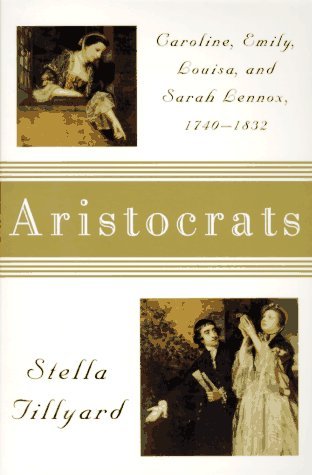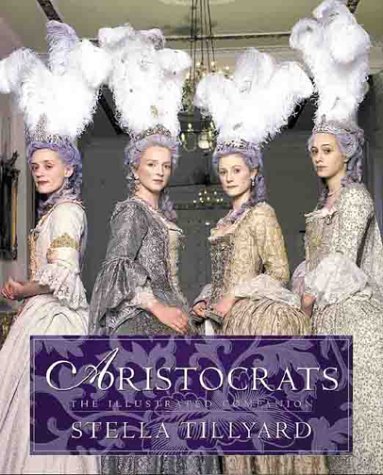Humera
Moderator Emeritus
- Joined
- Nov 9, 2003
- Messages
- 7,805
- Country
- Canada
I was wondering if anyone here has read the book "Aristocrats" by Stella Tillyard. The book is based on the correspondence between Caroline, Emily, Louisa, and Sarah Lennox, great-grand-daughters of Charles II of Great Britain and his mistress Louise de Keroualle, and daughters of the 2nd Duke of Richmond.The four sisters wrote literally thousands of letters to each other and Stella Tillyard's book mainly draws from this rich correspondence. The book was also made into a sumptuous mini-series a couple of years ago.
There's also an illustrated companion book to the mini-series. I bought it a couple of days ago and its truly amazing.
I'd recommend it to anyone who loves history like myself. Both the book and the illustrated companion are full of details about daily life, fashion, and social customs of the eighteenth century.
There's also an illustrated companion book to the mini-series. I bought it a couple of days ago and its truly amazing.
I'd recommend it to anyone who loves history like myself. Both the book and the illustrated companion are full of details about daily life, fashion, and social customs of the eighteenth century.
Attachments
Last edited:




